Key Takeaways
- 80% of people will experience low back pain at some point in their lives.
- Many cases of low back pain improve without significant damage.
- Mindset and beliefs about pain can maintain or increase low back pain.
- Staying active and consulting a physiotherapist early can aid recovery.
- X-rays or MRIs often don’t reveal the cause of low back pain.
Low back pain is a common ailment affecting a majority of the population at some stage. Fortunately, in many instances, this pain is not indicative of any serious damage and tends to improve over time. However, for those experiencing persistent pain, the issue may lie more in their perceptions and attitudes towards their condition than in any physical abnormalities.
The Role of Mindset in Low Back Pain
Common Misconceptions
Bold beliefs such as ‘bending is bad for my back’, ‘I must rest entirely if my back hurts’, and ‘constant core engagement is necessary for back protection’ pervade our culture, yet they can significantly hinder recovery from back pain. These ideas, stemming from various sources including media, personal anecdotes, and even healthcare advice, can negatively impact our movement, activity levels, and even convince our brain of a severe problem where none exists.
Watch this short video on why we often don’t recommend scan for back pain.
Five Reasons You Don’t Need an MRI For Lower Back Pain
The Importance of Activity
Contrary to these misconceptions, maintaining activity levels through gentle exercises like walking, swimming, or stretching is crucial. Early consultation with a Physiotherapist is recommended for tailored treatment and advice. It’s also worth noting that diagnostic imaging, such as X-rays or MRIs, frequently fails to pinpoint the exact cause of low back pain, which is rarely due to significant physical damage.
Managing Low Back Pain Without Structural Damage
Understanding that recovery is possible even in the face of severe pain is the first step towards improvement. A combination of hands-on treatment, appropriate exercises, and a comprehensive assessment to identify contributing factors is essential for effective recovery. Interestingly, imaging may show signs of wear or degeneration, but these are often not the direct cause of pain.
Lifestyle Factors and Low Back Pain
Stress, long work hours, sedentary lifestyle, inadequate sleep, lack of exercise, and the fear of movement can all exacerbate low back pain. Physiotherapists aim to identify and address these lifestyle factors as part of a holistic treatment approach.
For more detailed advice on managing low back pain, consider visiting Beachside Physiotherapy’s Low Back Pain page.
Embracing Movement
Dispelling the fear of moving and encouraging gentle, relaxed back movements is a key component of recovery. The low back is designed for movement, and embracing this can significantly aid in alleviating pain and improving quality of life.
If you’re struggling with low back pain, understanding its origins and adopting a comprehensive treatment plan can pave the way to recovery and enhanced well-being. You don’t have to accept pain as a permanent part of your life.
For additional resources and treatment options, explore Beachside Physiotherapy’s Services.
Frequently Asked Questions About Low Back Pain
What causes low back pain?
Low back pain can be caused by a variety of factors including poor posture, inadequate movement, stress, poor sleep, and physical strain. It’s rarely due to serious structural damage.
How can I prevent low back pain?
Maintaining an active lifestyle, practicing good posture, and incorporating regular stretching and strengthening exercises for your back can help prevent low back pain.
Is it necessary to get an X-ray or MRI for low back pain?
In most cases, X-rays or MRIs are not required to diagnose low back pain. These tests are typically reserved for cases where there is suspected serious underlying damage or if the pain does not improve with initial treatment.
Can physiotherapy help with low back pain?
Yes, physiotherapy can be highly effective in treating low back pain. A physiotherapist can provide hands-on treatment, recommend exercises, and offer advice tailored to your specific situation.
How long does it take to recover from low back pain?
Recovery time varies depending on the individual and the underlying cause of the pain. Many people experience significant improvement within a few weeks of starting treatment.
Emphasising Movement and Mindset
Shifting Perspectives on Pain
Understanding that movement is beneficial and not harmful is crucial in overcoming low back pain. Changing the narrative from fear and avoidance to one of positivity and activity can significantly impact recovery.
The Power of a Positive Mindset
A positive mindset not only helps in managing pain but also in the overall recovery process. Believing in your ability to overcome pain and engaging in activities you enjoy can lead to a quicker and more effective recovery.
For more detailed advice on low back pain and recovery, consider reaching out to Beachside Physiotherapy’s experienced team.

